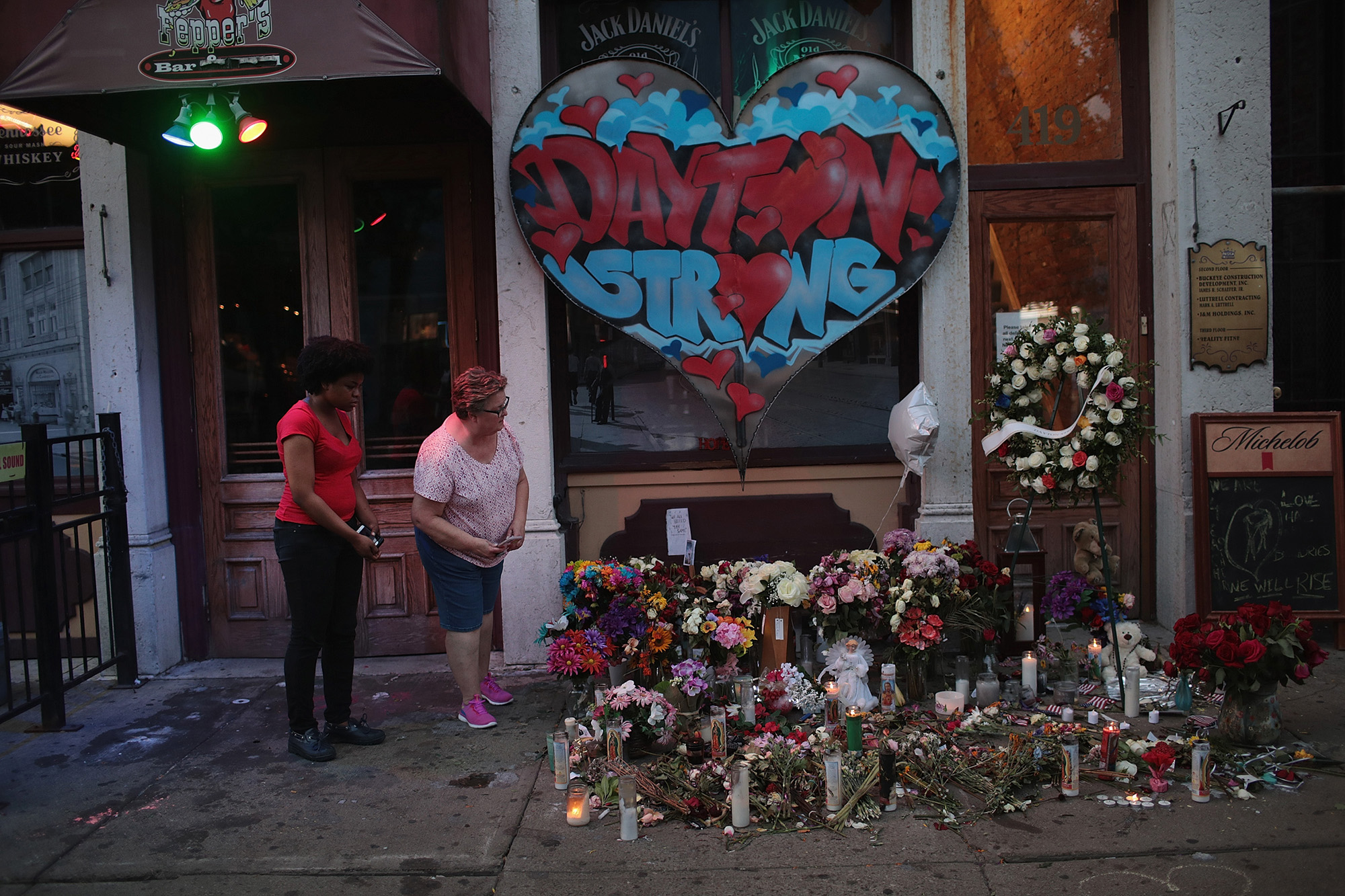Trauma is something that has lasting effects on the victims and the families of intense events, such as mass shootings. These effects are often psychological, causing the victims to feel embarrassed about sharing or seeking help. They can be grief, depression, anxiety, substance abuse and posttraumatic stress disorder (PTSD).
When a major event happens it can almost become paralyzing for the community and can cause everyone to begin to question the safety of the places around them.
This is especially true for those who experienced the trauma themselves. The places they experienced the trauma at can become triggers of memories or feelings of anxiety, making it hard for them to live their day to day life without extra support.
When dealing with traumas like these there are many stages people go through. These stages can be broken down in many ways. However, for this article we will break them down into acute, intermittent and long-term.
The acute stage is the stage directly following the trauma. During this stage, survivors will typically experience denial, shock and disbelief. The body’s reaction to stressful events is to release adrenaline which causes the “Flight or Fight” instinct.
However, after the event ends, the brain and body may have trouble realizing that the danger is over. Thus, making it very important that survivors receive resources for help.
The intermittent stage is usually when survivors begin to deal with the effects of trauma. This stage usually consists of fear, anger, anxiety, depression, difficulty paying attention and disturbances of sleep.
During this stage, receiving mental health treatment is most crucial. This is to help survivors deal with their trauma in a healthy way that does not turn into unhealthy coping. During this period, survivors often learn how to deal with things that may cause flashbacks of the trauma.
Also during this stage, the timing and pacing is very important to keep the survivor comfortable with the progress. If the survivor begins to feel overwhelmed with emotions they must regain feelings of safety before they can continue recovery.
The last stage is long-term, which occurs several months after the event. During this stage, therapy may not be needed as much anymore, depending on the progress of the patient. However, during this period is typically when trauma can become a mental disorder or substance abuse, depending on the circumstances.
Flashbacks may occur less often but they can occur anytime throughout their lives. After the first year of trauma the likeliness that PTSD will occur also becomes higher. If public and media attention to the trauma shifts, in the case of a large-scale traumatic event, it may cause survivors to feel that their emotions are not validated.
If the patient decides to lower the amount of mental help they receive, they should have a good support system. Whether this is family, friends or members of a group, it is important they have people around them that they feel protected and comfortable with.
Showing support and understanding is the most important thing you can do for survivors, whether it is listening to their emotions and telling them that they are valid or helping them find places that can offer them professional help or other resources.
For anyone in need of help, Sinclair offers free counseling in Building 10, Room 424. You can call their number at 937-512-3032, or stop in to make an appointment. Counseling Services are open Monday through Friday from 8:00 a.m. to 5:00 p.m.
If you need help or know someone who does, please seek it.
Ashley Brown
Social Media Coordinator


